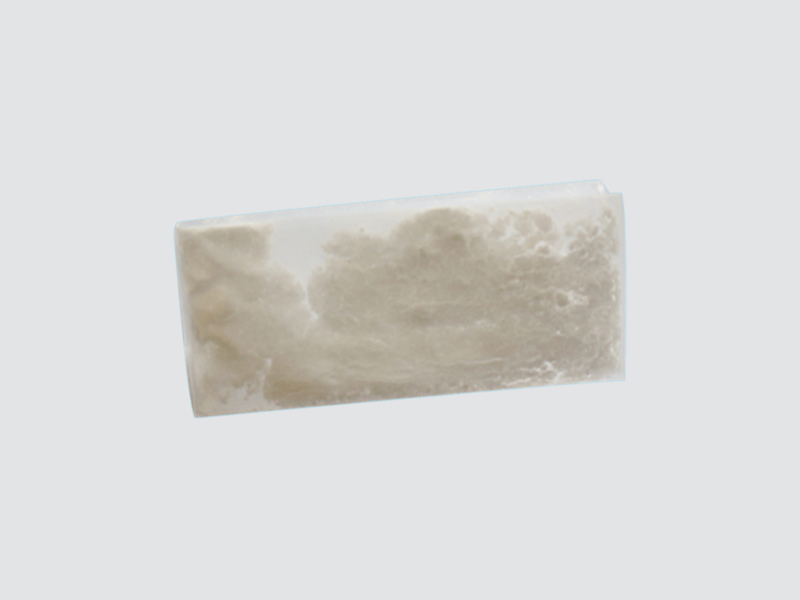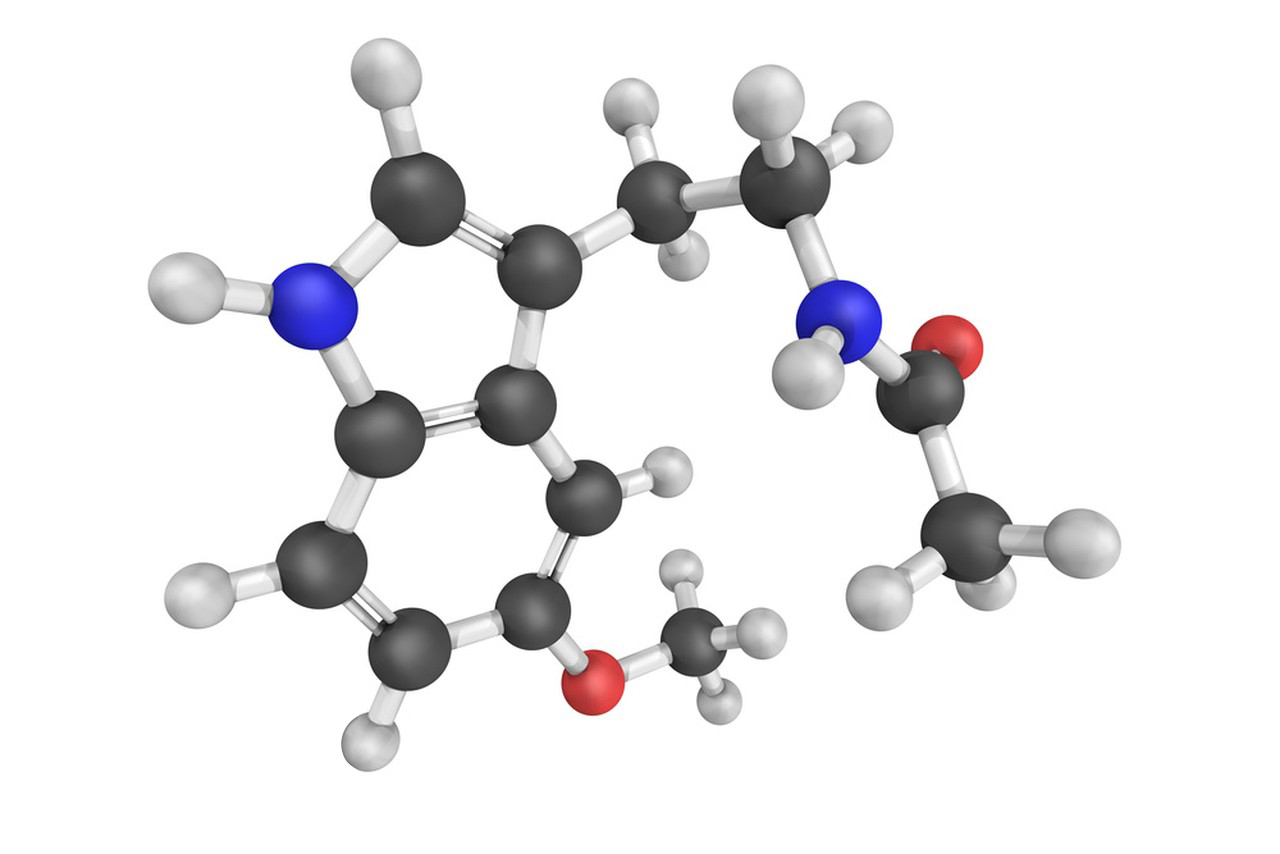Epitalon, also known as epithalamin, is a synthetic peptide consisting of four amino acids: alanine, glutamic acid, aspartic acid, and glycine. The chemical structure of Epitalon is Ala-Glu-Asp-Gly.
These amino acids are naturally occurring compounds found in the human body. Epitalon is a synthetic version of the pineal gland peptide called epithalamin, which is believed to have potential anti-aging properties. However, it’s important to note that the scientific evidence supporting the effectiveness and safety of Epitalon is limited, and more research is needed to fully understand its potential benefits and risks.

Efficacy and Function of Epitalon
Epitalon, also known as epithalon or epithalamin, is a synthetic peptide derived from the naturally occurring polypeptide Epithalamin found in the pineal gland. It consists of four amino acids (Ala-Glu-Asp-Gly) and has been studied for its potential anti-aging effects. However, it’s important to note that the scientific evidence supporting its efficacy is limited, and the peptide is not widely recognized or approved for medical use in many countries.
Here are some key points related to Epitalon:
1.Pineal Gland and Melatonin Production:
The pineal gland, located in the brain, is involved in the regulation of circadian rhythms and the production of melatonin, a hormone that plays a role in sleep-wake cycles.
Epitalon is believed to stimulate the production of melatonin in the pineal gland, and some proponents suggest that this may contribute to its potential anti-aging effects.
2.Anti-Aging Claims:
Advocates of Epitalon often claim that it has anti-aging properties, with potential benefits such as improved sleep, enhanced immune function, and increased lifespan.
Some studies in animals have suggested positive effects on lifespan and age-related markers, but more research is needed to establish its efficacy and safety in humans.

3.Limited Human Studies:
There is a scarcity of well-designed, large-scale human clinical trials investigating the effects of Epitalon.
Some small studies and anecdotal reports suggest potential benefits, but these findings are not conclusive, and more rigorous research is required to draw firm conclusions.
4.Safety and Regulation:
The safety profile of Epitalon is not well-established, especially in the long term and at various doses.
It’s crucial to note that the use of Epitalon for anti-aging purposes or any other health claims is not approved by regulatory authorities in many countries. As a result, its use is often considered experimental and may carry risks.
5.Controversy and Skepticism:
The scientific community remains skeptical about the anti-aging claims associated with Epitalon, emphasizing the need for more robust evidence from well-controlled studies.
As with many peptides and supplements, there is a risk of misinformation and exaggerated claims, so individuals should approach such products with caution.
In summary, while Epitalon has been studied for its potential anti-aging effects, the current scientific evidence is inconclusive and limited. As with any experimental substance, individuals should exercise caution, and it’s recommended to consult with healthcare professionals before considering its use. Additionally, regulatory approval for such products varies across regions, and users should be aware of legal and safety considerations.
